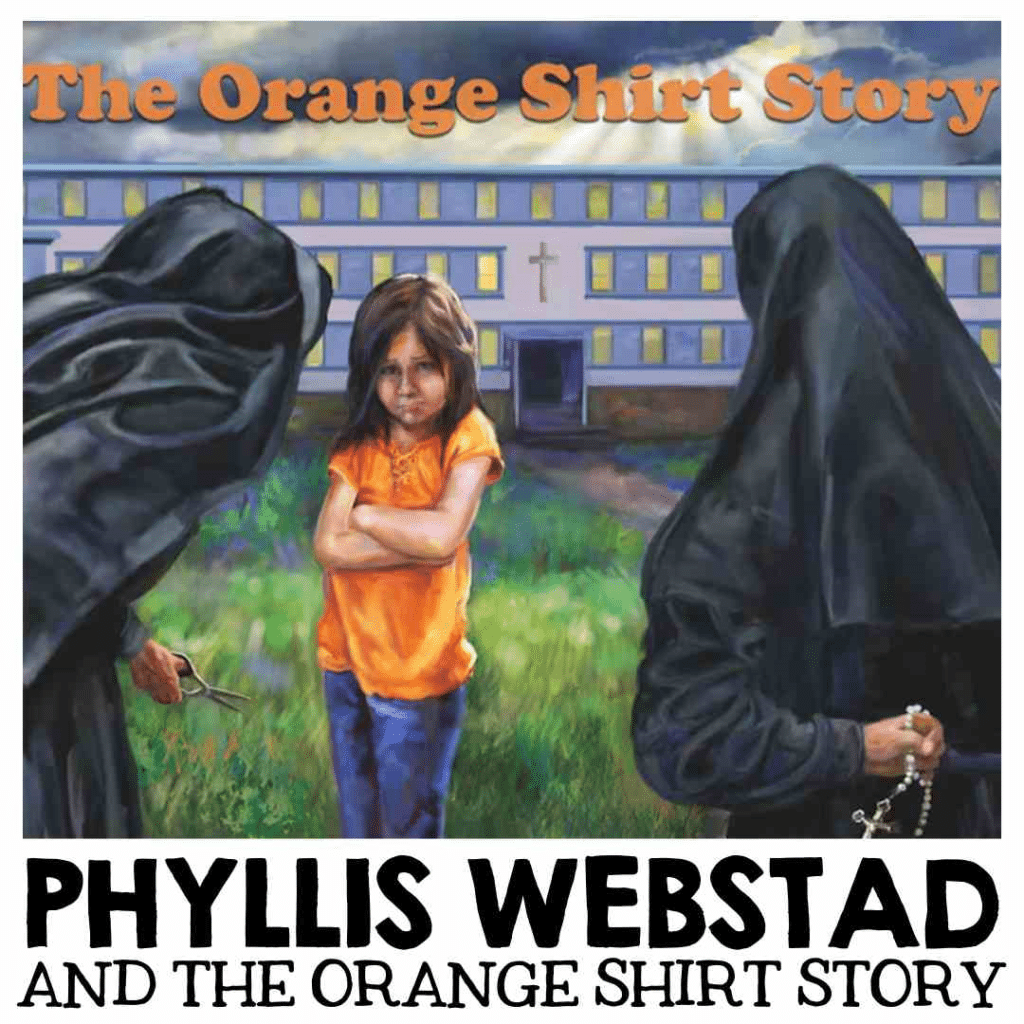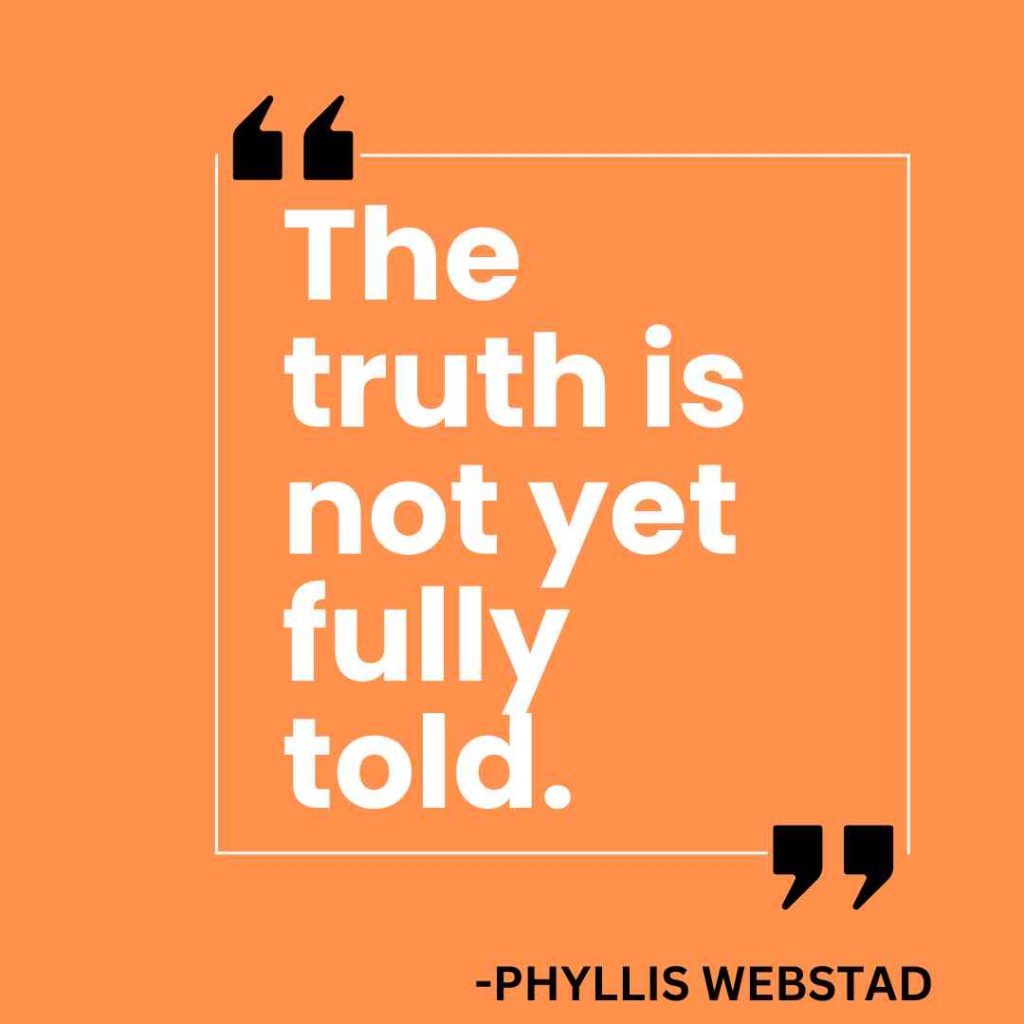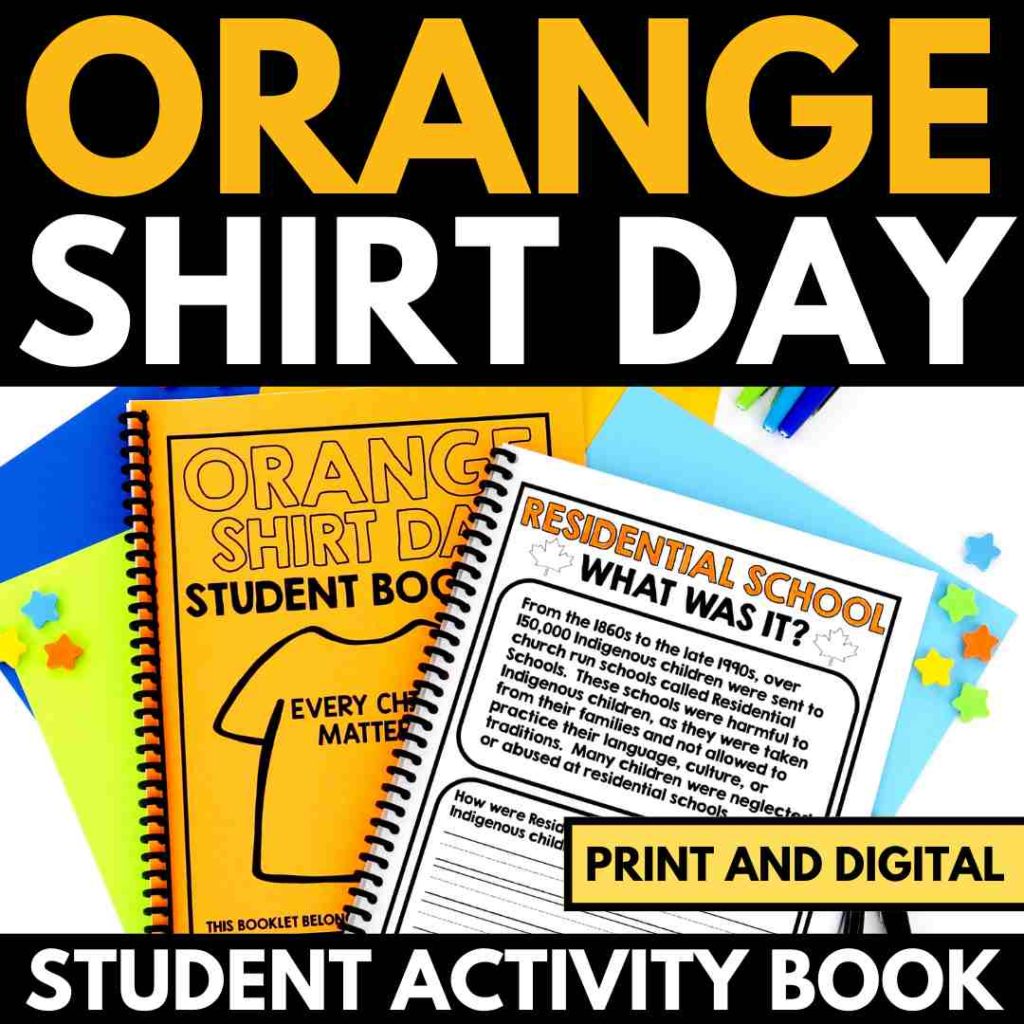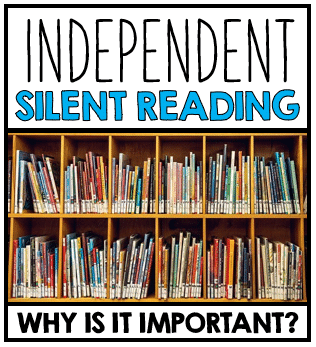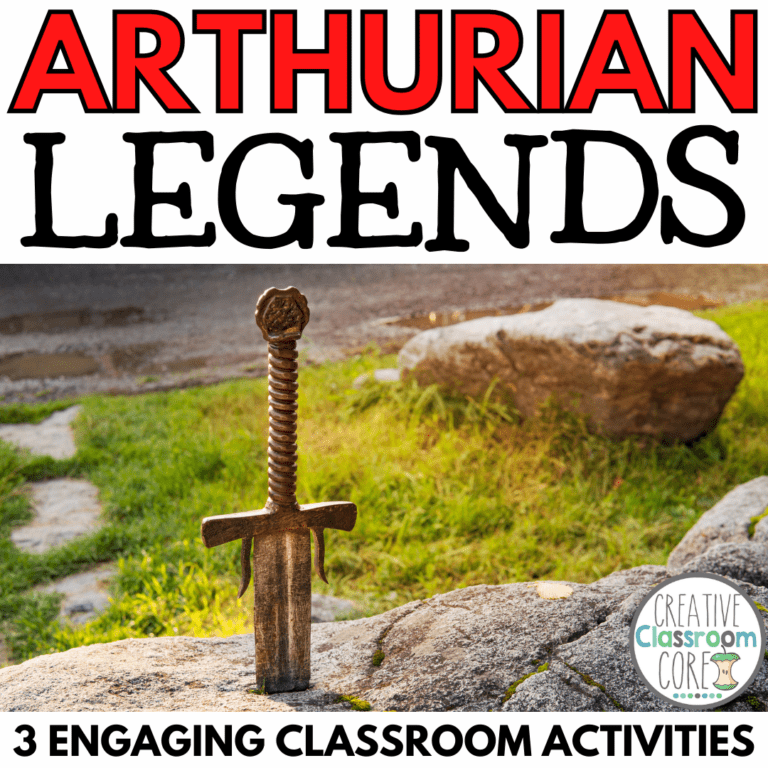The Orange Shirt Day Story
By MARISSA DESPINS Updated July 25, 2024
The Orange Shirt Day Story revolves around Phyllis Webstad, a member of the Stswecem’c Xgat’tem First Nation in Canada. Phyllis’s experience as a young Indigenous child attending a Canadian residential school in 1973 led to the creation of Orange Shirt Day, which is now honored as a special and important day across Canada. The story of Phyllis and her orange shirt is a great way to introduce learners to the concept of truth and reconciliation.
Looking for a free resource to use along with The Orange Shirt Day Story? Click on the image or button below to download your free resource!
(This post contain affiliate links which means I make a small commission if you make a purchase, at no additional cost to you. Thank you for your support!)
What is Orange Shirt Day?
Orange Shirt Day is an important event observed on September 30th in Canada. It is aimed at raising awareness about the impact of residential schools on Indigenous communities. The day honors the experiences of Indigenous children who were taken from their homes and placed in residential schools, where they were often subjected to neglect and abuse. Wearing an orange shirt symbolizes the stripping away of culture, freedom, and self-esteem experienced by these children. The day encourages reflection, education, and dialogue about the historical and ongoing injustices faced by Indigenous peoples, promoting a commitment to reconciliation and healing.
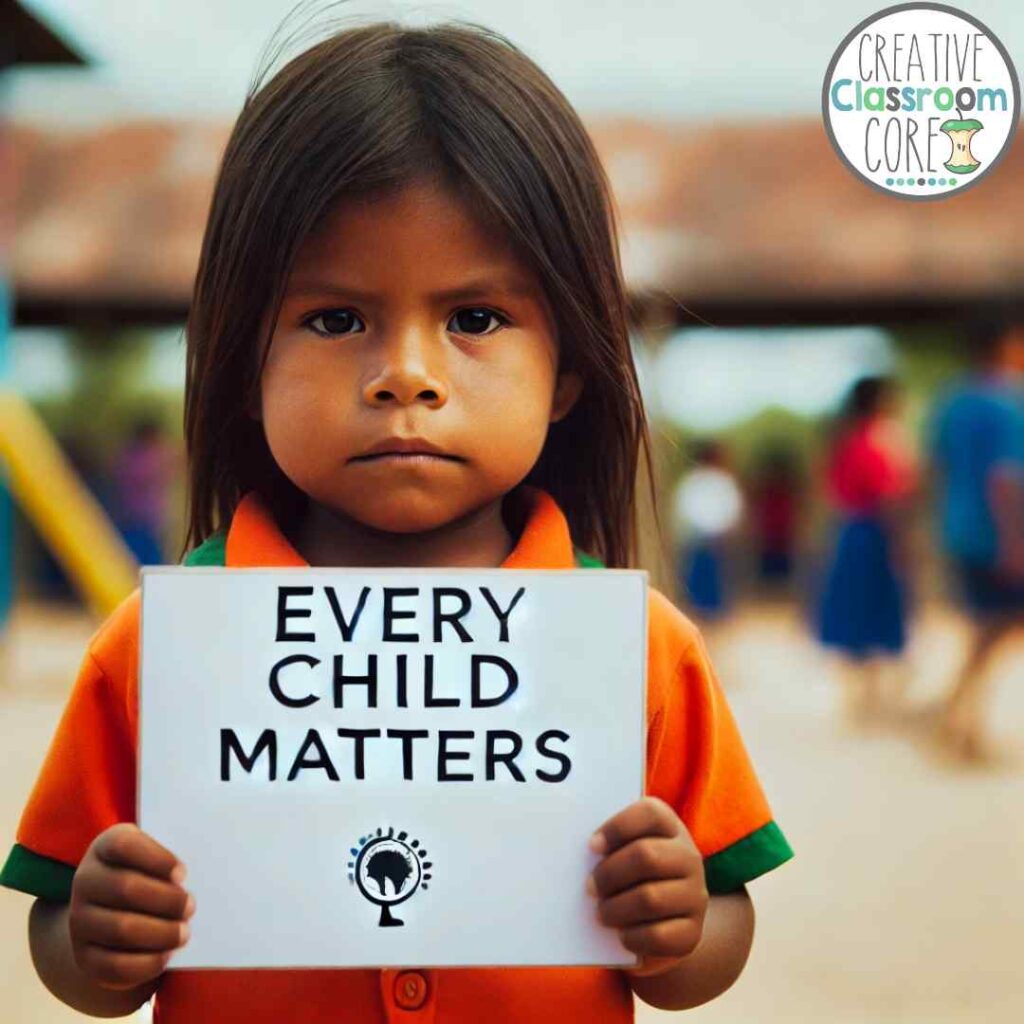
Overview of the History and Significance
Orange Shirt Day was inspired by the story of Phyllis Webstad, a survivor of the residential school system, who had her new orange shirt taken away on her first day at a residential school. Her story symbolizes the broader experience of many Indigenous children who were forcibly removed from their families and communities, stripped of their cultural identities, and often subjected to neglect and abuse.
The significance of Orange Shirt Day lies in its role in promoting reflection, education, and dialogue about the historical and ongoing injustices faced by Indigenous peoples. It serves as a powerful reminder of the need for reconciliation and the importance of honoring the resilience and contributions of Indigenous communities. By wearing orange and participating in educational activities, Canadians show their solidarity with survivors and their commitment to understanding and addressing the enduring effects of the residential school system. Orange Shirt Day fosters a collective commitment to ensure that every child matters and that the legacy of these schools is never forgotten.
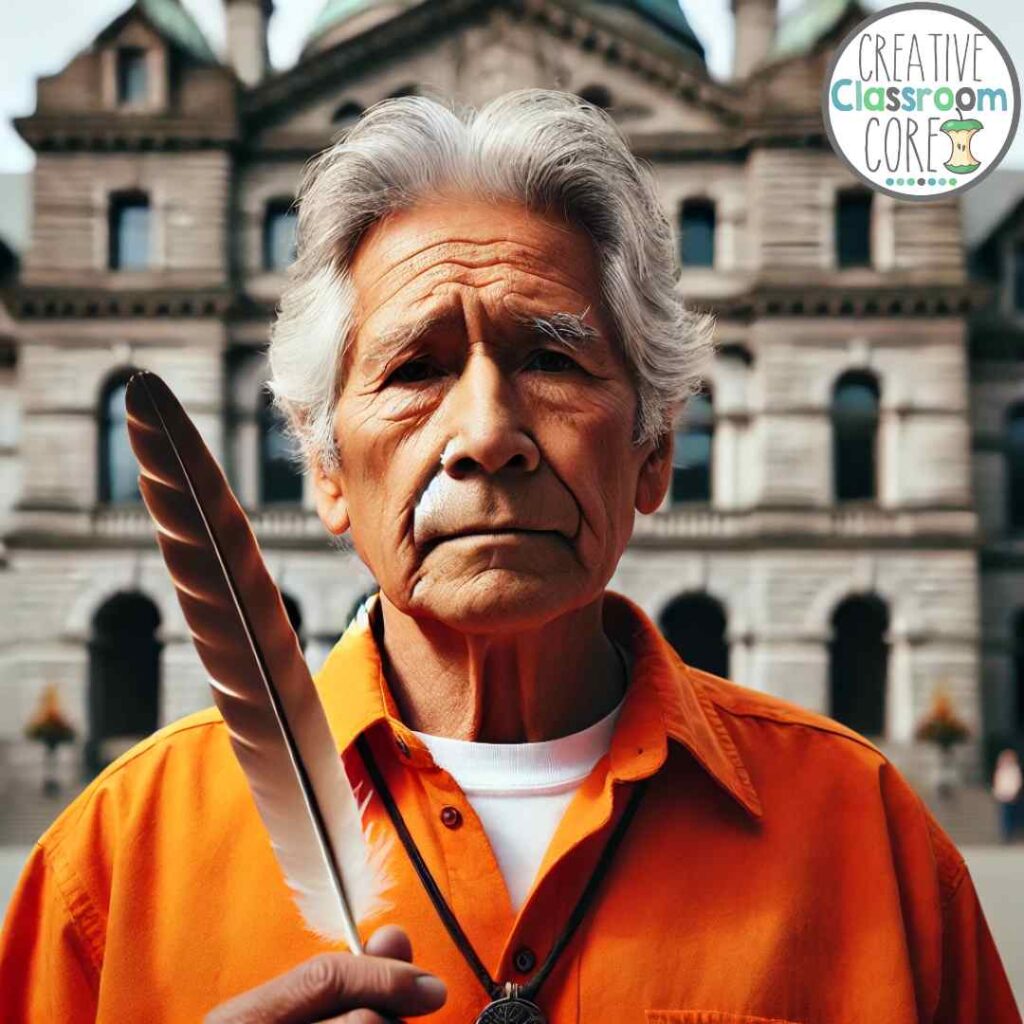
Sharing Phyllis Webstad’s Story
Orange Shirt Day is an excellent opportunity to share the true story that inspired the day. Read on to learn more about the Orange Shirt Day Story
The True Story Behind Orange Shirt Day
Phyllis Webstad’s story began when she was just six years old. On her first day at the residential school, her grandmother had lovingly gifted her a bright orange shirt to wear. The shirt held great sentimental value, symbolizing her connection to her family and culture.
Upon arriving at residential school, Phyllis had her special orange shirt forcibly taken from her. The shirt was never returned. This traumatic event was not just about the loss of a piece of clothing. Instead, it represented the stripping away of her identity and culture, and the trauma that many Indigenous children experienced in these schools.
Grab a copy of The Orange Shirt Story by Phyllis Webstad on Amazon by clicking on the button below!
Read more about residential schools by checking out our post on the residential school system in Canada.
When and How was Orange Shirt Day Started?
The memory of her orange shirt haunted Phyllis throughout her life, but it also inspired her to share her story. In 2013, she shared her experience during a presentation at a gathering in Williams Lake, British Columbia. The orange shirt day story she shared resonated deeply with those in attendance, leading to the establishment of Orange Shirt Day. The event is held on September 30th, the time of year when Indigenous children typically went to residential schools. It provides an opportunity for Canadians to acknowledge the painful history of the residential school system and its enduring impact.
Orange Shirt Day has since grown into a national movement in Canada. It serves as a symbol of remembrance, resilience, and solidarity with Indigenous communities. The orange shirt, once a painful reminder of loss, has transformed into a powerful emblem of healing and reconciliation. On this day, people across Canada wear orange shirts, engage in educational activities, and participate in discussions to promote understanding and awareness of the historical injustices faced by Indigenous peoples.
Grab a copy of some free Orange Shirt Day posters that you can use in your classroom by checking out our post about Orange Shirt Day Posters!
The Creation of “The Orange Shirt Day Story” Children’s Book
The inspiring picture book was created to educate young readers about the history and significance of Orange Shirt Day through an accessible and engaging format. Inspired by Phyllis Webstad’s personal experience, the book recounts her story of having her new orange shirt taken away on her first day at a residential school, a poignant symbol of the loss and trauma faced by Indigenous children. Illustrated with vibrant artwork and written in a way that is sensitive to young audiences, the picture book serves as a powerful tool for teachers and parents to discuss the impact of residential schools and the importance of reconciliation. It aims to foster empathy, awareness, and a commitment to ensuring every child feels valued and respected.
Orange Shirt Day is a reminder of the importance of acknowledging the past, learning from it, and working together towards a more inclusive and equitable future. It represents the collective commitment of Canadians to truth and reconciliation, recognizing that the wounds of the past cannot be ignored. Instead, they can be a catalyst for positive change and healing.
Through Phyllis Webstad’s courageous act of sharing her story, the legacy of Orange Shirt Day continues to evolve, fostering dialogue, empathy, and a renewed sense of hope for a more harmonious society.
For additional information about Orange Shirt Day, check out this post.
The Legacy of Residential Schools
The legacy of residential schools in Canada is a profound and painful chapter in the nation’s history.
Brief History of Residential Schools
Residential schools in Canada were government-funded institutions operated by religious organizations with the aim of assimilating Indigenous children into Euro-Canadian culture. From the late 19th century until the late 20th century, Indigenous children were forcibly removed from their families and communities and placed in these schools. The children were forbidden from speaking their native languages and practicing their cultures.

Impact on Indigenous communities
The impact of residential schools on Indigenous communities in Canada has been profound and far-reaching. The forced removal of children from their families and communities disrupted the transmission of culture, language, and traditions. Many children returned home having lost their ability to speak their native languages and having been taught to reject their cultural identities. This cultural erasure has had long-lasting effects, contributing to a loss of cultural knowledge and a weakening of cultural ties within Indigenous communities.
In addition to cultural loss, the experiences of neglect, physical, emotional, and sexual abuse at residential schools have left deep psychological scars. Survivors often suffer from intergenerational trauma, which affects not only those who attended the schools but also their descendants. This trauma has manifested in widespread issues such as mental health struggles, substance abuse, and socio-economic challenges within Indigenous populations. The legacy of residential schools has also fostered mistrust towards educational and governmental institutions, complicating efforts for reconciliation and support. Addressing these impacts through truth-telling, healing initiatives, and systemic changes remains a critical ongoing process in Canada’s journey towards reconciliation.
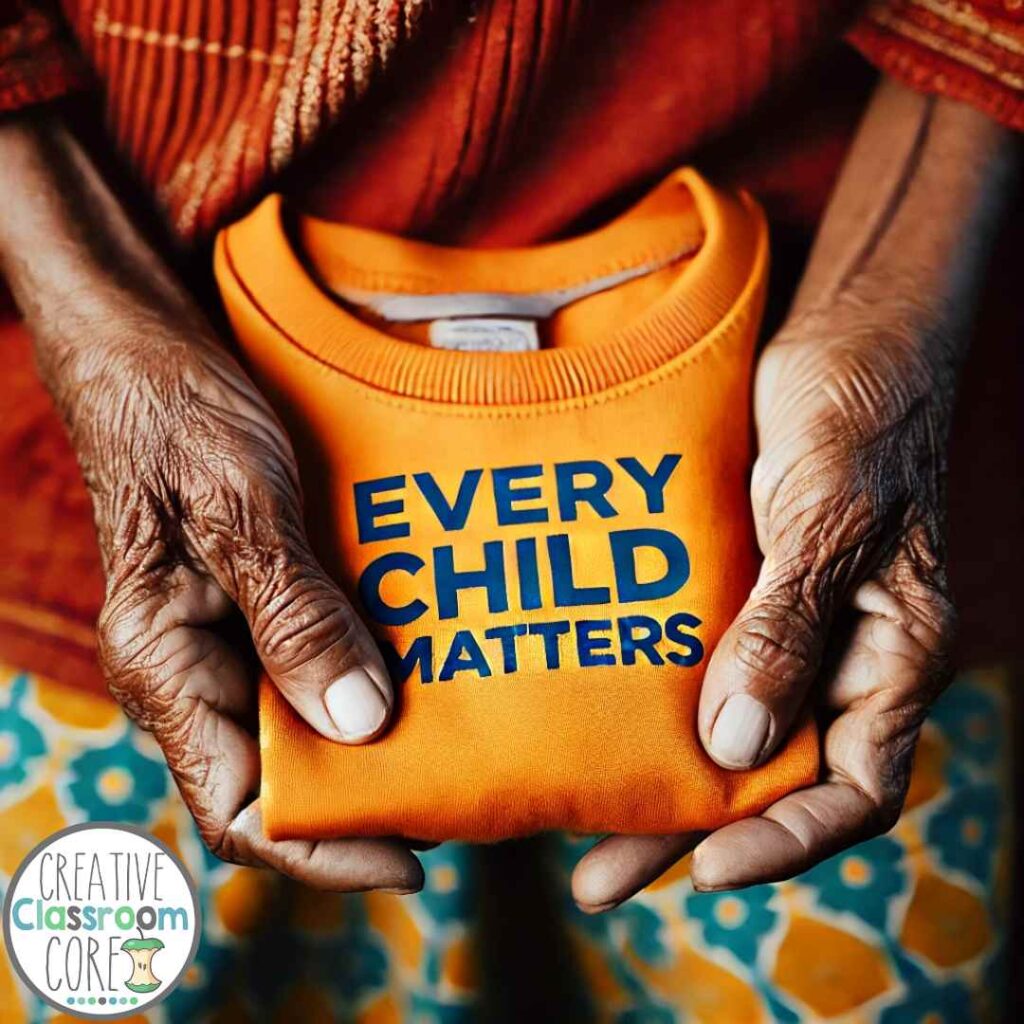
Themes of Indigenous Resilience and Healing
The horrors involved in the residential schools that Indigenous children were forced to attend are echoed in the resilience and healing of the Indigenous population. Read more about healing initiatives below.
Importance of Truth and Reconciliation
The Truth and Reconciliation Commission of Canada, established to address these injustices, has documented the extensive harm caused by residential schools and has called for action to support healing and reconciliation. Recognizing this legacy is essential in fostering understanding, addressing the ongoing disparities faced by Indigenous peoples, and working towards meaningful reconciliation. Acknowledging the past and its repercussions is a critical step in building a more just and equitable future for all Canadians.
Empowering Indigenous Voices and Stories
If you found The Orange Shirt story to be important and meaningful, you won’t want to miss these empowering Indigenous voices and stories. These voices and stories are not only empowering but also essential for understanding the diverse experiences and perspectives of Indigenous peoples. They provide valuable insights into the past and present struggles and triumphs of Indigenous communities, fostering empathy, awareness, and a commitment to reconciliation.
Indian Horse – Richard Wagamese
Richard Wagamese was an Ojibwe author known for his powerful storytelling and exploration of Indigenous themes. His novel “Indian Horse” tells the story of Saul Indian Horse, a young Ojibwe boy who survives the horrors of a residential school and finds solace in hockey. The novel highlights the trauma inflicted by the residential school system and the resilience of Indigenous people. “Indian Horse” has been widely acclaimed and adapted into a film, further amplifying its impact.
The Marrow Thieves – Cherie Dimaline
Cherie Dimaline is a Métis author whose dystopian novel “The Marrow Thieves” has garnered critical acclaim. Set in a future where Indigenous people are hunted for their bone marrow, which holds the key to recovering lost dreams, the story is a powerful commentary on colonialism and the ongoing struggles of Indigenous communities. Dimaline’s work emphasizes the importance of cultural survival and resilience, making it an empowering read for young adults and educators alike.
The Inconvenient Indian – Thomas King
Thomas King, of Cherokee and Greek descent, is a renowned author and scholar. His book “The Inconvenient Indian: A Curious Account of Native People in North America” offers a provocative and humorous look at the history of Indigenous people in North America. King’s sharp wit and insightful analysis challenge readers to rethink historical narratives and recognize the enduring presence and contributions of Indigenous peoples.
Moon of the Crusted Snow – Waubgeshig Rice
Waubgeshig Rice is an Anishinaabe author and journalist. His novel “Moon of the Crusted Snow” is a post-apocalyptic story that follows an Indigenous community in Northern Ontario as they navigate the collapse of modern society. The novel explores themes of survival, community, and the reconnection to traditional ways of life. Rice’s storytelling emphasizes the strength and resilience of Indigenous cultures, offering a hopeful vision for the future.
Related Initiatives and Organizations
Several initiatives and organizations have been established to support and expand the impact of Orange Shirt Day, reflecting a commitment to raising awareness about the legacy of residential schools and promoting reconciliation. Read more about them below.
Paths to Reconciliation initiative by the Royal Canadian Geographical Society
The Paths to Reconciliation initiative by the Royal Canadian Geographical Society is an educational program designed to promote understanding and reconciliation between Indigenous and non-Indigenous peoples in Canada. This initiative provides a range of resources, including interactive maps, educational materials, and engaging activities that highlight the diverse cultures, histories, and contributions of Indigenous communities. By integrating Indigenous perspectives and knowledge into geographical education, Paths to Reconciliation aims to foster a deeper appreciation of Canada’s Indigenous heritage and support the ongoing journey towards reconciliation. This initiative encourages learners of all ages to explore the rich tapestry of Indigenous experiences and to recognize the importance of building respectful and inclusive relationships.
The Orange Shirt Society and their mission
The Orange Shirt Society is dedicated to raising awareness about the history and legacy of residential schools in Canada and promoting the message that “Every Child Matters.” Founded by Phyllis Webstad, whose personal story of having her orange shirt taken away on her first day at a residential school inspired the creation of Orange Shirt Day, the society aims to honor survivors and educate the public about the injustices faced by Indigenous children. The organization’s mission includes providing educational resources, supporting community events, and fostering dialogue about the impact of residential schools. Through its efforts, the Orange Shirt Society seeks to promote healing, reconciliation, and a commitment to ensuring that the mistakes of the past are not repeated.
Resources for further Learning and Education
Interested in learning more? Read on for places to explore further learning and education.
Recommended children’s books about residential schools and Indigenous history
For some great Indigenous read alouds, check out this post!
Educator resources for teaching about Indigenous culture and history
Grab a copy of this engaging, no-prep resource by clicking here or on the image below.
This COMPLETE Orange Shirt Day unit comes with reading passages, comprehension questions, and a fun orange shirt day design activity! It is a great activity to introduce learners to Phyllis Webstad and the Orange Shirt Day story.
Conclusion and Call to Action
The story of Phyllis Webstad and the creation of Orange Shirt Day serve as powerful reminders of the profound impact residential schools have had on Indigenous communities in Canada. By sharing her experience and creating a movement that promotes education and reconciliation, Phyllis has inspired countless individuals to recognize the importance of remembering this painful history and working towards a more inclusive and respectful future.
Reflecting on the resilience of Indigenous peoples
Despite the numerous challenges posed by colonization, cultural erasure, and the traumas of the residential school system, Indigenous communities continue to preserve and revitalize their languages, traditions, and cultural identities. Their resilience is evident in the resurgence of cultural practices, the success of Indigenous-led initiatives, and the powerful storytelling that shares their history and experiences. This resilience not only inspires but also underscores the importance of recognizing and supporting Indigenous sovereignty, rights, and contributions to society. As we honor their past and present struggles, we also celebrate their enduring strength and look forward to a future of healing and reconciliation.
Encouraging Participation in the Orange Shirt Day Movement
As educators, it is our responsibility to continue this vital work in our classrooms. Incorporating resources like “The Orange Shirt Day Story” picture book and participating in Orange Shirt Day activities can help foster empathy, understanding, and a commitment to reconciliation among our students. Encourage your students to engage with these stories and participate in discussions that honor the resilience and contributions of Indigenous peoples.

Together, we can ensure that the legacy of residential schools is never forgotten and that every child is valued and respected. Join the movement, wear orange, and help spread the message that “Every Child Matters.”
Looking for additional information For teaching About Phyllis Webstad and the Orange Shirt Story?
Check out these related posts below.
Canadian Heroes to Inspire Your Learners
Favorite Indigenous Read Alouds
All About Orange Shirt Day 2023
Interested in a free resource to help you teach about The Orange Shirt Day Story?
Click on the image below to sign up for my email list and download this FREE Orange Shirt Day Story resource. It contains information about Phyllis Webstad and Orange Shirt Day, with space for students to add illustrations. By signing up for my email list you will also gain access to periodic emails with free resources, teaching tips, and exclusive deals.
Interested in signing up for my email list?
If you are interested in signing up for my email list, you can do so by clicking on the link below. I periodically send out emails with free resources, teaching tips, and exclusive deals. Signing up will also give you immediate access to some of my best selling Interactive Notebook resources – foldable activities, graphic organizers, and other fun activities.
